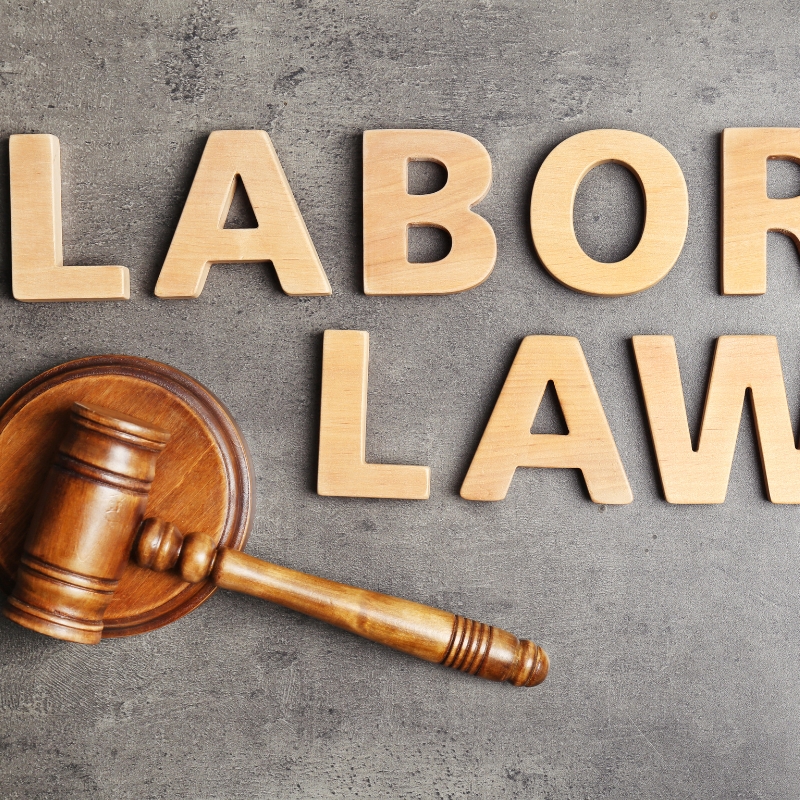Law
Guide to Vietnamese Labor Law
Introduction
Understanding labor laws is crucial for anyone working or managing businesses in Vietnam. The Vietnamese labor law framework ensures fair labor practices, regulates employment conditions, and protects both employers and employees. This guide provides a comprehensive overview of Vietnamese labor law, highlighting key aspects that are essential for compliance and smooth business operations.
Overview of Vietnamese Labor Law
Vietnam’s labor law system is primarily governed by the Labor Code, which outlines the rights and responsibilities of both employers and employees. The Labor Code is designed to ensure equitable treatment, fair compensation, and safe working conditions. The latest version of the Labor Code was updated in 2019, reflecting ongoing efforts to improve labor standards and adapt to international practices.

Key Provisions of the Labor Code
Employment Contracts
- Types of Contracts: The Labor Code recognizes two main types of employment contracts: definite-term contracts (for a specific period) and indefinite-term contracts (ongoing without a set end date). Both types must be in writing and specify key details, including job responsibilities, salary, and working conditions.
- Contract Termination: Termination of employment contracts must comply with legal requirements. Employers must provide valid reasons for dismissal, such as business needs or employee misconduct. Employees are entitled to notice periods and severance pay in case of termination.
Wages and Salaries
- Minimum Wage: Vietnam has a minimum wage system, which varies by region. Employers must pay at least the regional minimum wage, which is periodically adjusted by the government.
- Overtime Pay: Employees working beyond regular hours are entitled to overtime pay, calculated at a higher rate. The exact rate depends on the time of day and the nature of the work.
Working Hours and Rest Periods
- Standard Working Hours: The standard working week is 48 hours, with a maximum of 8 hours per day. Any work beyond this limit is considered overtime.
- Rest Periods: Employees are entitled to a daily rest period of at least 30 minutes and a weekly rest period of at least one day.
Leave Entitlements
- Annual Leave: Employees are entitled to paid annual leave, typically 12 days per year. The amount of leave may vary based on company policy and employment contracts.
- Sick Leave: Employees who are ill or injured are entitled to sick leave, with compensation based on their length of service and the nature of the illness or injury.
- Maternity and Paternity Leave: The Labor Code provides for maternity leave of 6 months for female employees and paternity leave for male employees. There are also provisions for leave in case of adoption or childcare.
Occupational Health and Safety
- Workplace Safety: Employers are responsible for maintaining a safe working environment and implementing measures to prevent workplace accidents and health issues.
- Health Checks: Regular health checks and safety training are required to ensure employees are aware of potential hazards and know how to protect themselves.
Dispute Resolution
- Internal Dispute Resolution: The Labor Code encourages resolving disputes internally through dialogue and mediation between employers and employees.
- External Dispute Resolution: If internal resolution fails, disputes can be referred to labor arbitration councils or courts. The process involves presenting evidence and arguments to achieve a fair resolution.
Social Insurance and Benefits
- Social Insurance: Both employers and employees contribute to social insurance schemes, covering health care, pensions, and unemployment benefits. Contributions are mandatory and based on a percentage of the employee’s salary.
- Other Benefits: Employees may also receive additional benefits such as transportation allowances, meal subsidies, and bonuses based on company policy.
Compliance for Foreign Companies
Foreign companies operating in Vietnam must adhere to the same labor laws as domestic businesses. This includes registering with relevant authorities, complying with wage regulations, and providing appropriate working conditions. It’s essential for foreign businesses to understand local labor practices and ensure their policies align with Vietnamese labor laws.
Recent Changes and Updates
The Vietnamese government continuously updates labor laws to address new challenges and improve worker protection. Key recent changes include:
- Expanded Employee Rights: New regulations enhance employee rights related to working conditions, job security, and social benefits.
- Increased Penalties for Non-Compliance: The government has introduced stricter penalties for violations of labor laws, encouraging businesses to adhere to legal requirements.
- Support for Small and Medium Enterprises (SMEs): Recent reforms aim to support SMEs by simplifying administrative procedures and providing financial assistance for compliance.
Conclusion
Navigating Vietnamese labor law can be complex, but understanding the key provisions and recent updates is crucial for both employers and employees. Adhering to the Labor Code ensures fair treatment, promotes a positive work environment, and helps avoid legal disputes. For businesses operating in Vietnam, staying informed and compliant with labor regulations is essential for success and sustainability in the local market.
For further details and specific legal advice, consulting with a local labor law expert or legal advisor is recommended. They can provide tailored guidance and ensure that your business operations align with current labor laws and regulations.
Learn more: zgladnews


